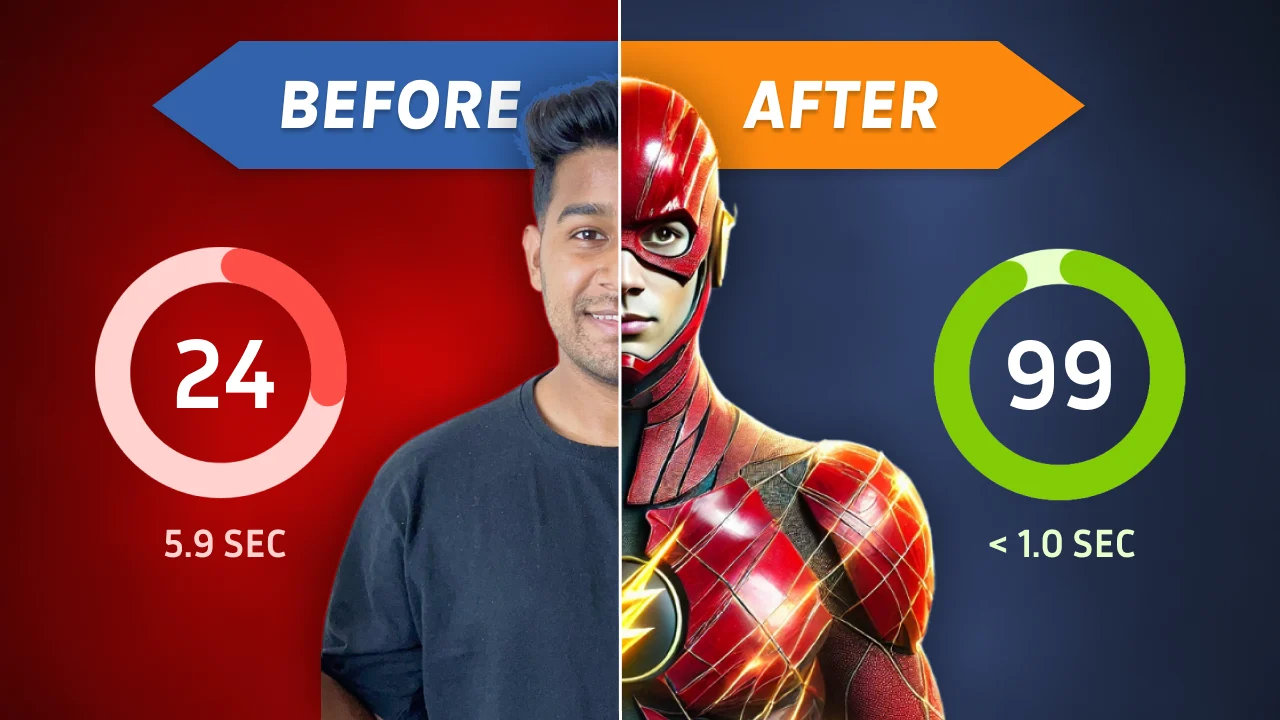Introduction: The Day My Blog Finally Ranked on Google
Imagine pouring hours into a blog post, only to watch it drown in Google’s abyss. That was me two years ago. Then I discovered the magic duo: on-page and off-page SEO. After optimizing my content and building strategic backlinks, my traffic skyrocketed—and so did my earnings. Let’s break down these concepts so you, too, can turn SEO into your blog’s superpower.
What is SEO? A Quick Refresher
Search Engine Optimization (SEO) is how you make your website irresistible to search engines like Google. It’s split into two halves: on-page SEO (what you control on your site) and off-page SEO (how the outside world sees you). Together, they’re like a dynamic duo fighting for your blog’s visibility.
On-Page SEO: Optimizing Your Digital Real Estate
What Exactly is On-Page SEO?
On-page SEO involves tweaking elements on your website to rank higher. Think of it as staging a house for sale: you want every room (webpage) to impress both visitors and search engines.
Key Elements of On-Page SEO
- Content Quality: Google loves comprehensive, original content. A Backlinko study found that long-form content (2,000+ words) earns 77% more backlinks.
- Keyword Optimization: Use keywords naturally. Tools like Ahrefs help find LSI keywords (e.g., “SEO best practices” or “meta tags”).
- Meta Tags: Title tags and meta descriptions act as your content’s elevator pitch. Include keywords here to boost CTR.
- URL Structure: Keep URLs short and descriptive (e.g., /best-on-page-seo-tips).
- Header Tags (H2, H3, H4): Break content into digestible sections.
- Internal Linking: Guide readers (and Google) to related posts.
- Image Optimization: Compress images and use alt text (e.g., alt=”on-page SEO checklist”).
Real-Life Example: How a Food Blog Boosted Traffic by 150%
A vegan recipe blog optimized its content with LSI keywords like “plant-based meals” and added internal links to related posts. In 6 months, organic traffic jumped 150%.
Expert Tip
SEO specialist Neil Patel says, “On-page SEO is like oxygen for your content. Without it, even the best ideas can’t survive.”
Off-Page SEO: Building Your Blog’s Reputation
What is Off-Page SEO?
Off-page SEO is about earning credibility outside your website. It’s the digital version of word-of-mouth—think backlinks, social shares, and online mentions.
Key Elements of Off-Page SEO
- Backlinks: Links from authoritative sites (e.g., Forbes linking to your blog) signal trust. Moz notes that backlinks account for 55% of Google’s ranking factors.
- Social Media Engagement: Shares on platforms like LinkedIn or Pinterest drive traffic and visibility.
- Guest Posting: Write for reputable sites in your niche to earn backlinks.
- Influencer Outreach: Partner with industry leaders to amplify your reach.
Case Study: How a Travel Blogger Landed 10,000 Monthly Visitors
By guest posting on sites like Lonely Planet and earning backlinks from travel influencers, a solo blogger tripled her domain authority and hit 10k monthly visits.
Expert Insight
Brian Dean of Backlinko advises, “Focus on earning quality backlinks, not quantity. One link from a top site beats 100 spammy links.”
On-Page vs. Off-Page SEO: Why You Need Both
Google’s algorithm is like a strict teacher—it rewards students who excel in all subjects. Ignoring on-page SEO? Your content might be hidden. Skipping off-page? You’ll lack the authority to rank.
The Symbiotic Relationship
- On-page SEO ensures your content is relevant and readable.
- Off-page SEO proves others vouch for your expertise.
Data-Backed Proof
A HubSpot analysis found that pages combining optimized content + high-quality backlinks rank 3x faster than those using just one tactic.
Common SEO Mistakes to Avoid
On-Page Blunders
- Keyword stuffing (e.g., “best SEO best practices for SEO”).
- Ignoring mobile optimization (60% of searches are mobile!).
- Forgetting meta descriptions, leaving Google to write them.
Off-Page Pitfalls
- Buying cheap backlinks (penalized by Google).
- Neglecting local SEO (e.g., not claiming your Google My Business listing).
How to Make Money from Blogging with Strategic SEO
Here’s where it all pays off: SEO drives organic traffic, which you monetize via ads, affiliate marketing, or digital products. For instance, after boosting my on-page SEO and earning backlinks, I converted 5% of my 20k monthly visitors into email subscribers—earning $3k/month through affiliate sales.
Real-Life Monetization Example
A personal finance blog used SEO to rank for “how to start investing.” With 50k monthly visitors, they partnered with investing apps, earning $10k/month in commissions.
Future-Proofing Your SEO Strategy
- Voice Search Optimization: Use conversational keywords (“how do I…”).
- Video SEO: Optimize YouTube videos with transcripts and keywords.
- E-A-T Compliance: Showcase Expertise, Authoritativeness, and Trustworthiness (e.g., adding author bios with credentials).
Conclusion: Your SEO Journey Starts Now
Mastering on-page and off-page SEO isn’t optional—it’s essential. Start by auditing your content, then build relationships for backlinks. Remember, SEO is a marathon, not a sprint. But with patience, you’ll not only rank higher but also unlock ways to make money from blogging.

